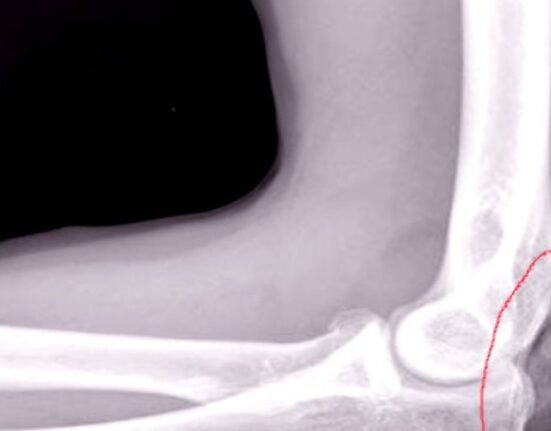Bharti Jayshankar
January 25, 2024: A new gene therapy has demonstrated remarkable success in treating inherited deafness. Two separate studies, one conducted by researchers at Mass Eye and Ear in Boston and another by Chinese company Refreshgene Therapeutics, reveal promising outcomes in restoring hearing abilities in deaf children.
Boston study
The study, led by Zheng-Yi Chen and his team at Mass Eye and Ear and Harvard Medical School, who worked on the trial, involved six children born with a genetic defect affecting the otoferlin gene, crucial for sound signal transmission from the ear to the brain. Through an experimental gene therapy approach, five of these children experienced a substantial improvement in hearing within weeks. While the treatment may not completely normalize hearing, the results offer an unprecedented advancement in addressing genetic deafness.
Chinese clinical trial
Simultaneously, Refreshgene Therapeutics conducted a clinical trial in China, treating six children with congenital deafness caused by mutations in the OTOF gene. The therapy involved using a harmless virus to introduce a version of the human OTOF gene into the inner ears of patients. After 26 weeks, five of the children demonstrated hearing recovery, displaying significant enhancements in speech perception and communication abilities.
Impact
The Boston study, in particular, stands out as the first demonstration that genetic deafness can be treated with gene therapy in humans. Given that hearing loss affects over 1.5 billion people globally, with more than 60% of childhood hearing loss stemming from genetic causes, these findings carry immense significance. OTOF mutations account for 2% to 8% of cases of congenital deafness, earlier research suggests. One out of every 1,000 children born in the U.S. has moderate to profound hearing loss.
The Boston study suggests that gene therapy could potentially slow cognitive aging and guard against diseases like Alzheimer’s. With the number of people with neurodegenerative diseases continuing to rise, this is potentially a simple and affordable way of reducing the risk of these conditions developing at an earlier age.
While these breakthroughs offer hope, researchers acknowledge limitations, including low ethnic diversity in the studies and the focus on specific genetic defects. Future research is imperative to explore the broader applicability of gene therapy across diverse populations and various forms of hearing loss.
A separate team of researchers announced hearing restoration in an 11-year-old who was the first patient to receive Eli Lilly’s OTOF gene therapy.
Researchers emphasize the need to understand the specific mechanisms by which gene therapy impacts cognitive and auditory abilities. The ongoing exploration of these mechanisms is critical for refining and expanding the application of gene therapy in the treatment of hearing-related conditions.
The success of gene therapy in restoring hearing abilities opens new possibilities for the treatment of a wide range of auditory issues, marking a significant leap forward in the fight against hearing loss.







